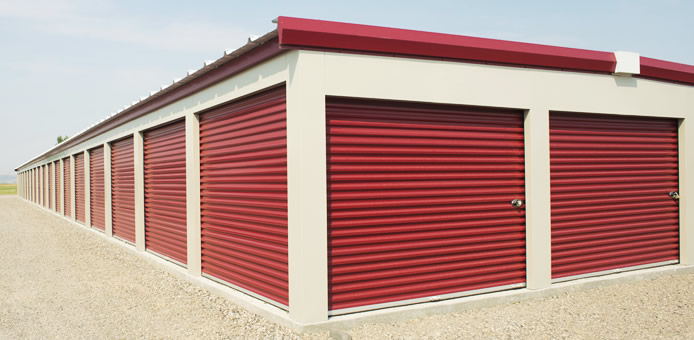Jay Herman Says Booming Self-Storage Operation Face Higher Tax Assessments
February 5, 2015 | Articles & Press Releases

Self-storage is a growing business with a growing problem: Rising property tax assessments that are cutting into the bottom lines of self-storage operators, a leading property tax certiorari lawyer says.
The lawyer, Jay M. Herman, senior partner at Herman Katz Cangemi & Clyne LLP with offices in New York City and Long Island, says many assessors across the state, are calculating assessments by using the income derived by these properties, rather than determining the value of the real estate. New York City, in particular, relies upon the income generated to calculate assessments without a proper methodology to extract the business aspects of the revenue, in Herman’s opinion.
Property taxes have “a very material bottom line impact. In New York, perhaps the most significant impact,” said Gary Sugarman, director of development for Santa Monica, California-based William Warren Group, owner StorQuest Self Storage. StorQuest, he said, is expanding into the East and is relying on Herman Katz Cangemi & Clyne to determine the impact of property taxes on potential sites and to suggest ways in which the developer might obtain property tax relief. Sugarman said real estate taxes are the firm’s primary concern in determining whether or not it will develop a particular site.
The rising assessments for self-storage facilities are taking place against a backdrop of robust industry growth due to an increasing number of space-strapped Americans turning to them to store stuff they don’t want to throw away.
“The industry has been one of extreme growth,” Sugarman said. “It has grown exponentially in the last few years.”
Indeed, one family in 10 uses one of the countries’ 50,000 facilities, according to the Self Storage Association, an industry body, which at the end of 2013 reported that there were more than 48,500 “primary” self storage facilities in the United States and another 4,000 “secondary” facilities that were part of other businesses Together, the association says, they pay more than $3.25 billion in property taxes to local taxing jurisdictions.
Nevertheless, to Herman, most self-storage facilities are nothing more than warehouses that have been partitioned and contracted to individual customers. If the storage business goes out, you have a warehouse again. In New York, a municipality cannot assess the value of the business, said Herman.
“They are businesses and we work to prove that the business portion of the operation must be excluded since under New York State law only the real estate should be valued for property tax purposes,” Herman explained.
Herman first litigated what is considered a case of first impression in New York State and has been working to develop a proper methodology to value these facilities. This has led to a structure for substantial relief for many of their clients.
And the firm, which represents some of the biggest names in the self-storage industry – Public Storage, Safeguard Self-Storage, Storage Post Self-Storage and Extra Space Self Storage—in challenging property tax assessments, hasn’t stopped challenging these rising assessments.
Herman said he hopes to revisit the question of business versus real estate value in tax challenge litigation in the future, since he does not believe the Court has yet to fully account for all business aspects in its analysis. “We’ll face this issue again,” he noted.
To be sure, not every challenge results in litigation. Often, said Herman, cases are resolved through negotiations with local assessors since litigation, especially if appealed, can be costly and go on for several years.
“We’re in negotiations right now with an assessing jurisdiction that could result in refunds of $500,000 or more for the owner,” said Herman. “If it cannot be resolved amicably, it’s certainly worth the cost of litigation.”
